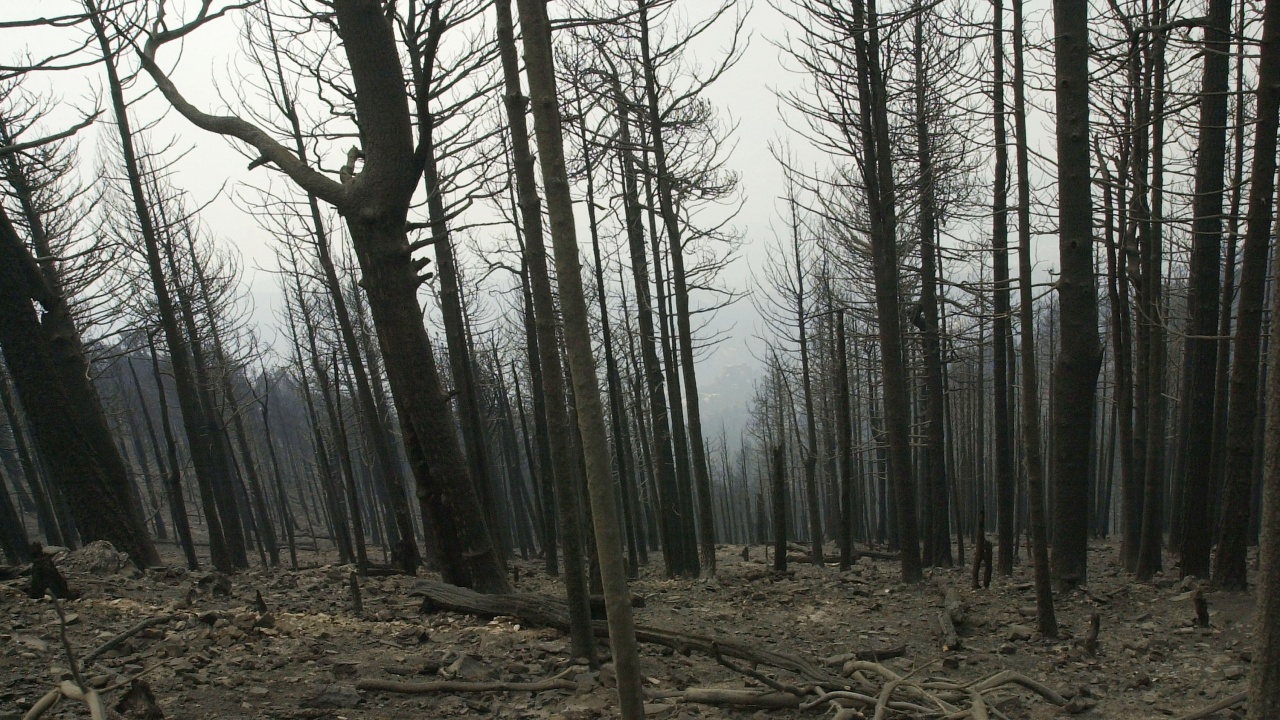Listen to the news
Logging, fires and agriculture lead to the increasingly rapid disappearance of mountain forests, reports BTA, referring to an international study.
Mountains are home to 85% of the world's birds, mammals and amphibians, including forests.
Therefore, their reduction is an alarming loss for biodiversity.
According to the authors of the study, published in One Earth magazine, in 2000, mountain forests covered 1.1 billion hectares of the planet's territory.
At least 78.1 million hectares, or 7.1%, disappeared between 2000 and 2018, according to satellite data.
This represents an area larger than the size of Texas.
They restrict access to the Baykushev wall
The rate of forest loss is accelerating - recent losses are 2.7 times greater than at the beginning of the century.
The authors of this paper warn that the most affected areas (42% of the total), where the greatest acceleration is observed, are tropical montane forests, which are home to many endangered species.
"Loss in montane forests in the tropics is increasing very rapidly, more so than in other regions," Zhengzhong Zeng, co-author of the study, told AFP.
"And the biodiversity is very rich in these places, so the impact is huge."
Elevation and steep slopes have historically limited human exploitation of these forests, the researchers noted.
But since the beginning of the century, they are increasingly subject to logging and agriculture.
Logging is responsible for 42 percent of mountain forest loss, followed by forest fires (29 percent), shifting cultivation (15 percent) and permanent agriculture (10 percent).
The factors are different for different regions.
For northerners, the main one is climate change as temperatures rise.
Agricultural expansion is the most important driver of forest loss in Southeast Asia.
Shifting crops affects forests mainly in Africa and South America.
According to the study, Asia is losing the most mountain forests - 39.8 million hectares, or slightly more than half of the total lost.
South America, Africa, Australia and Europe also saw significant losses.
In some areas, scientists have observed forest regeneration, but not always by native species and mostly without compensating for the losses, adds Xinyue He, also a co-author of the study.
According to her, efforts to protect forests should be strengthened with more control and regulations.
Creating buffer zones can help reduce losses.
forest protection
